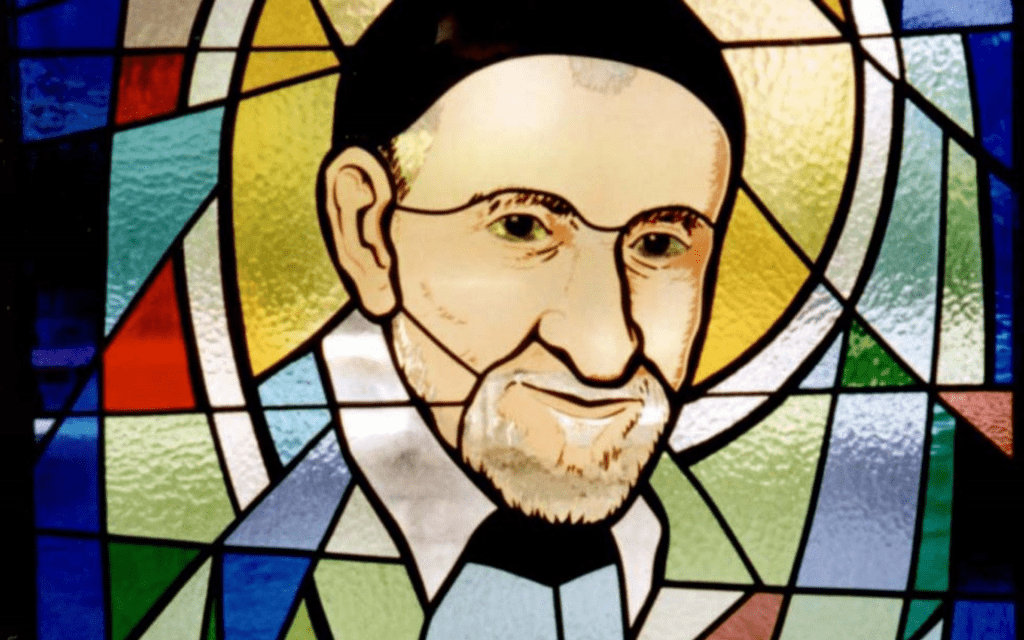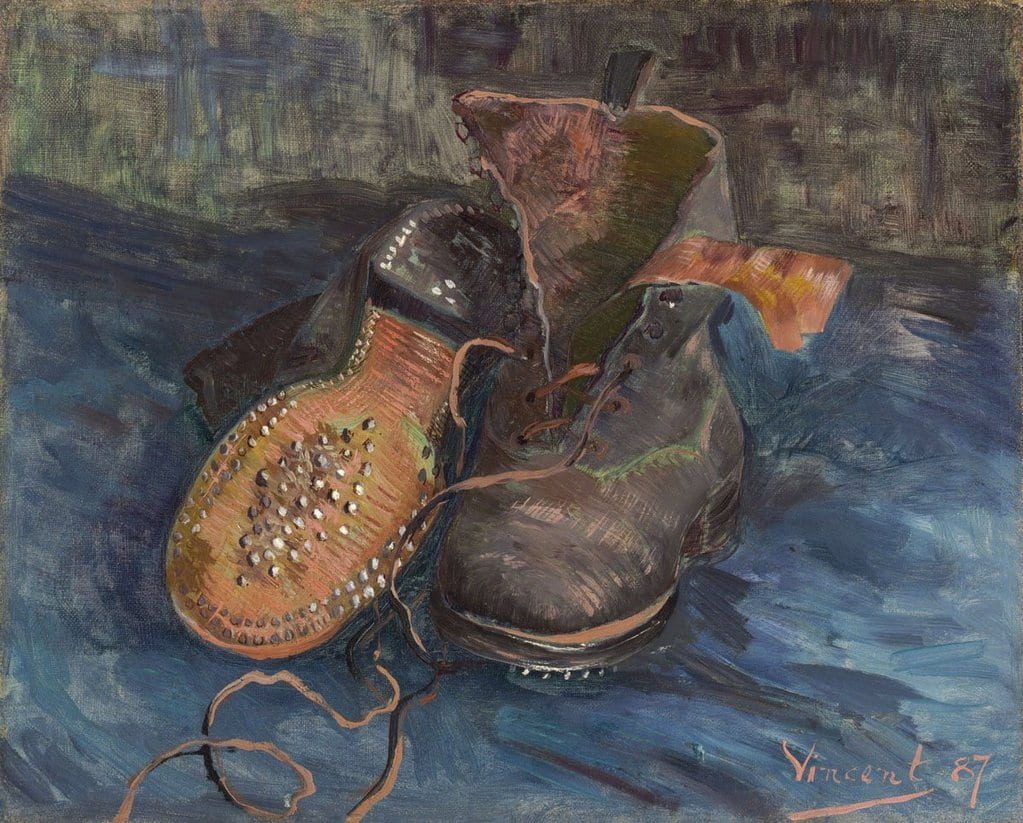Written By: Tom Judge, Chaplain, Faculty and Staff Engagement, Division of Mission and Ministry
 This winter I’ve been doing some travelling, spending a lot of time behind the wheel. Usually when I find myself with long stretches in the car, I like to listen to a little music. My choices, not surprisingly, are most often songs from an artist or group I like or that have a fun memory associated with them, basically, tunes that make me feel good. But every once in a while, instead of listening to music, I feel the urge to try and improve my character. I had one of those aspirational moments on a recent Saturday while I was driving through the hills of western Pennsylvania. And, so, instead of cranking up The Greatest Hits of the ’80s, I googled a list of the most popular TED Talks ever, scanned the titles, and picked one that sounded as if it could be edifying.
This winter I’ve been doing some travelling, spending a lot of time behind the wheel. Usually when I find myself with long stretches in the car, I like to listen to a little music. My choices, not surprisingly, are most often songs from an artist or group I like or that have a fun memory associated with them, basically, tunes that make me feel good. But every once in a while, instead of listening to music, I feel the urge to try and improve my character. I had one of those aspirational moments on a recent Saturday while I was driving through the hills of western Pennsylvania. And, so, instead of cranking up The Greatest Hits of the ’80s, I googled a list of the most popular TED Talks ever, scanned the titles, and picked one that sounded as if it could be edifying.
The talk is called “What Makes a Good Life? Lessons from the Longest Study on Happiness.” [1] It’s about a research study from Harvard University that examines adult human development and has been taking place continuously over a span of more than eighty-five years. The study began in the late 1930s and followed 724 teenage males from the university and various, mostly lower socioeconomic, Boston neighborhoods. Every few years, researchers contacted their subjects, asked detailed questions about their lives, accessed their medical records, and even took DNA samples to amass a wealth of data on human health, success, and satisfaction. From all of this varied and complex information, one very clear finding stands out: good relationships are the largest single contributor to a happy and fulfilling life. As much as money, status, talent, or accomplishments may enhance our lives, give us pleasure, or help us meet our needs, according to the study, they do not impact our basic sense of joy and contentment as much as the quality of our connections with other human beings.
As I reflect on this TED Talk, with its simple, profound message, I sense a deep resonance between the results of the Harvard study and the lessons of our Vincentian heritage. Strong and loving relationships have always been at the heart of the mission Vincent and Louise began four centuries ago. From the forming of early communities to the carrying out of ministries to the poor, a premium was always placed on relating to the other as a true friend—with respect, gentleness, and charity—whether the other is a person one lives and works with, or a person one is in a position to serve. [2] The life-shaping importance of good relationships is wisdom made real for us from two distinct sources: a highly regarded study out of our nation’s oldest university, and the time-honored mission that guides our nation’s largest Catholic university. Different as these origins are, the essence of their lesson is the same: good relationships—true human connections—are the foundation of a happy and satisfying life.
What does that lesson mean for us today and how might we use this wisdom going forward? It seems to me that in 2025, DePaul is an energetic, life-giving, and ambitious university, albeit with plenty of challenges, existing in a world that has many reasons for hope amid distressing possibilities. Given these realities, there appears to be an acute need for us as individuals, as well as a community, to prioritize the fostering of good relationships in our lives and within our university. Zealously continuing to nurture DePaul as a place where true friendships and feelings of connectedness thrive will not only help us live out the spirit of our Vincentian mission, it will also provide the essential element of a happy life to all those who call DePaul home.
Reflection Questions:
- How would you describe the state of the relationships in your life? Would you like to develop new, meaningful relationships or renew older, more established ones? If so, what can you do to set this in motion? It is never too late!
- What can you, your department, or the university as a whole do to cultivate meaningful connections and life-giving relationships at DePaul? If you have an idea you would like to share, consider reaching out to someone on the Faculty and Staff Engagement team from the Division of Mission and Ministry. You may also contact Staff Council or Faculty Council.
Reflection by: Tom Judge, Chaplain, Faculty and Staff Engagement, Division of Mission and Ministry
[1] Robert Waldinger, “What Makes a Good Life? Lessons from the Longest Study on Happiness,” TED Talk, November 2015, 12 min., 31 sec. https://www.ted.com/talks/robert_waldinger_what_makes_a_good_life_lessons_from_the_longest_study_on_happiness/transcript?referrer=playlist-the_most_popular_ted_talks_of_all_time&autoplay=true. See also Robert Waldinger and Marc Schulz, The Good Life: Lessons from the World’s Longest Scientific Study of Happiness (New York: Simon & Schuster, 2023).
[2] For a recent Mission Monday reflection on the importance of friendship to our early Vincentian forebears, see Miranda Lukatch, “The Vincentian Roots of Friendship,” The Way of Wisdom (blog), February 10, 2025, https://blogs.depaul.edu/dmm/2025/02/07/the-vincentian-roots-of-friendship/.




